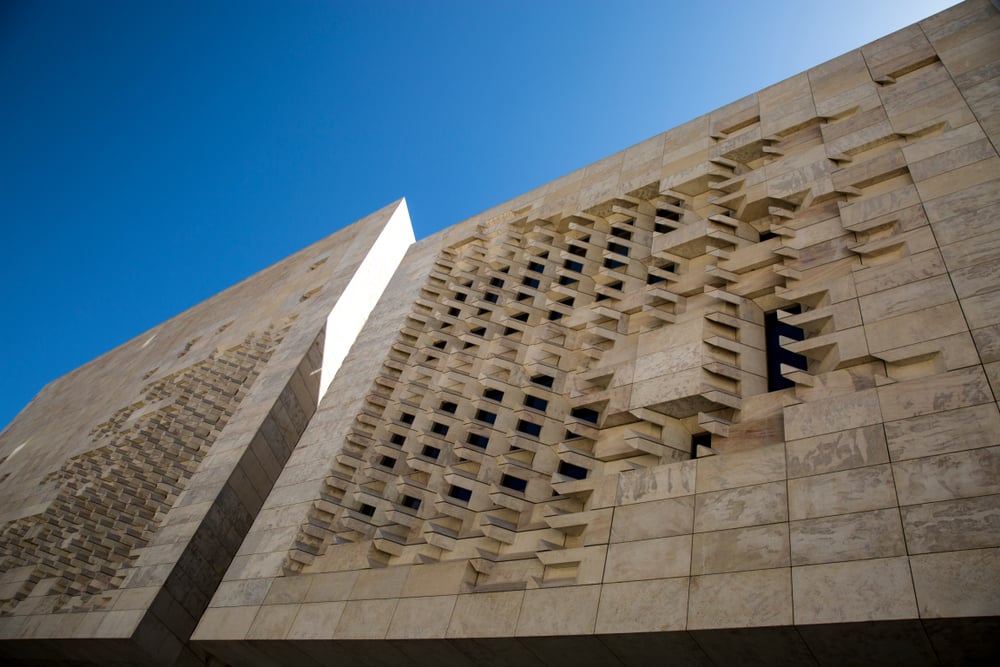Exclusive: Maltese Government Approves Three Cryptocurrency Bills

The Maltese Parliament yesterday voted unanimously to approve three cryptocurrency and blockchain bills. These bills that are designed to make Malta one of the most important and desirable locations in the blockchain space should now facilitate the setting up of further companies in this sector.
In a tweet shortly after the vote, Parliamentary Secretary for Digital Innovation Silvio Schembri said that he was honored to have spearheaded the legislation through Parliament and also expressed thanks to all those who had collaborated on the project. He also announced that Mr Stephen McCarthy will be the new CEO of the Malta Digital Innovation Authority.
Junior Minister Delighted to Spearhead the Process
Speaking to CCN.com, the junior minister also expressed optimism on the way that these new bills will allow the crypto and blockchain sector to flourish.
CCN.com also spoke to Dr. Joseph F Borg, a partner at WH Advocates and solicitors ad founder of Bitmalta on these important developments:
“Today is a historic day for blockchain and cryptocurrency enthusiasts, professionals and entrepreneurs in Malta. It is the first step to make Malta the jurisdiction of choice for blockchain businesses. The fact that parliament unanimously voted in favour of the three bills is crucial for the stability of the sector and for Malta to become the hub of Blockchain and cryptocurrency businesses. Well done to all involved!”
The Malta Digital Innovation Authority Bill is the first bill which will give wide scope to the regulation of cryptocurrencies and the blockchain space. The Bill establishes the Malta Digital Innovation Authority (“the Authority”) and will focus on internal governance arrangements. The affairs and business of the Authority will be carried out by a Board of Governors.
This Bill will also outline the duties and responsibilities of the Authority, one of the key roles being the certification of DLT platforms to ensure credibility and provide legal certainty to users wishing to make use of a DLT platform. The purpose of the surveyors and the certification of a DLT platform is to appraise the functioning of DLT platforms and ensure that the data being logged is accurate and genuine information. The Consultation Document issued on the 17th February 2018 proposed that the certification of a DLT platform will not be a mandatory requirement but will be made voluntary.

The Technology Arrangements and Services Bill deals with the possibility for registration of Technology Service Providers and certification of Technology Arrangements (“TA”) with the possibility of having the TA being granted separate legal personality. This bill is mostly concerned with the setting up of exchanges and other companies who operate in the crypto market.
The Virtual Financial Assets Bill: The third and final Bill focuses on the regulatory regime applicable to Initial Coin Offerings (“ICOs”) and the regulation in respect of certain service providers which will be involved in activities related to ICOs. The Bill will also outline the regulatory regime which will be applicable to cryptocurrency exchanges.
Comments on the bills have been generally positive although some sources who spoke to CCN.com said that it could be that the bills would only allow the so-called ‘big’ players to operate.
Malta Parliament image from Shutterstock.